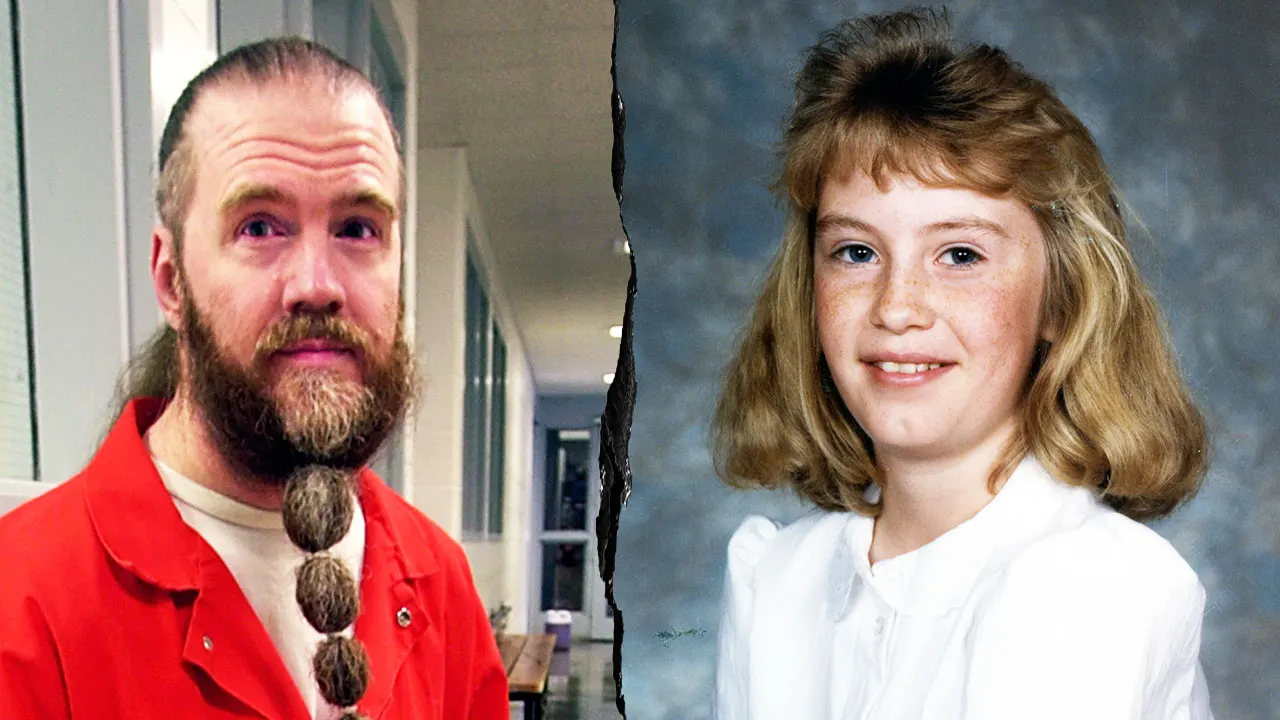PROTECT YOUR DNA WITH QUANTUM TECHNOLOGY
Orgo-Life the new way to the future Advertising by Adpathway
The Israeli army announced on Saturday that it would move on with the first stage of US President Donald Trump's proposal to bring the war in Gaza to an end and return all of the captives that are still alive.
The army said that Israel's commanders had given it orders to "advance readiness" for the plan's execution.
According to local media reports, a senior Israeli official says Israel has moved to a defensive-only position in Gaza and will not actively strike even if no troops have left the strip.
The announcement came hours after Trump ordered Israel to stop bombing Gaza after Hamas said it had accepted some elements of his plan. Trump welcomed the Hamas statement, saying: “I believe they are ready for a lasting peace.”
The US president's proposal, unveiled earlier this week, has widespread international support and was also endorsed by Israeli Prime Minister Benjamin Netanyahu.
On Friday, Netanyahu’s office said Israel was committed to ending the war that began when Hamas attacked Israel on 7 October 2023, without addressing potential gaps with the militant group. The Israeli leader has come under increasing pressure from the international community and Trump to end the conflict.
Uncertainty remains despite momentum
Meanwhile, a senior Egyptian official says talks are underway for the release of hostages, as well as hundreds of Palestinian prisoners in Israeli detention, and according to media reports, US special envoy Steve Witkoff and Jared Kushner are slated to travel to Egypt this weekend to help finalise details of the US plan for ending the war.
According to the Egyptian official, Arab mediators are preparing for a comprehensive dialogue among Palestinians, especially aimed at unifying the Palestinian position toward Gaza’s future.
On Saturday, the Palestinian Islamic Jihad, the second most powerful militant group in Gaza, said it accepted Hamas’ response to the Trump plan. The group had previously rejected the proposal days earlier.
But despite the current momentum, a lot of questions remain, especially as the second anniversary of the Hamas attack, which sparked the war on 7 October 2023, comes on Tuesday.
Under Trump's peace plan, Hamas would release the remaining 48 hostages—around 20 of them believed to be alive—within three days. It would also give up power and disarm.
In return, Israel would halt its offensive and withdraw from much of the territory, release hundreds of Palestinian prisoners and allow an influx of humanitarian aid and eventual reconstruction.
Hamas said it was willing to release the hostages and hand over power to other Palestinians, but that other aspects of the plan require further consultations among Palestinians. Its official statement also didn’t address the issue of Hamas demilitarising, a key part of the deal.
According to a Washington Post report, Hamas chief negotiator Khalil al-Hayya and other political figures outside of Gaza are prepared to agree to the proposal "despite significant reservations," while Izz al-Din Haddad, the commander of Hamas in Gaza, is willing to give up the terror group's offensive weaponry, like rockets, but he wants to keep its "defensive" arms, like assault rifles.
Amir Avivi, a retired Israeli general and chairman of Israel’s Defence and Security Forum, said while Israel can afford to stop firing for a few days in Gaza so the hostages can be released, it will resume its offensive if Hamas doesn’t lay down its arms.
Despite Israeli media's reports that the IDF moved to defensive operations, the Gaza Strip's authorities said Israeli fire killed six people across the Gaza Strip on Saturday.
According to medical personnel and Gaza authorities, one attack killed four people in a house in Gaza City, and another killed two more in the southern city of Khan Younis.
Earlier on Saturday, Israel’s army Arabic language spokesperson warned Palestinians in a statement against trying to return to the area north of Wadi Gaza, describing it as a combat zone
“For your safety, avoid returning north or approaching areas where IDF forces are operating anywhere in the Strip— including its southern regions,” the statement read.


 3 hours ago
4
3 hours ago
4






















 English (US) ·
English (US) ·  French (CA) ·
French (CA) ·  French (FR) ·
French (FR) ·